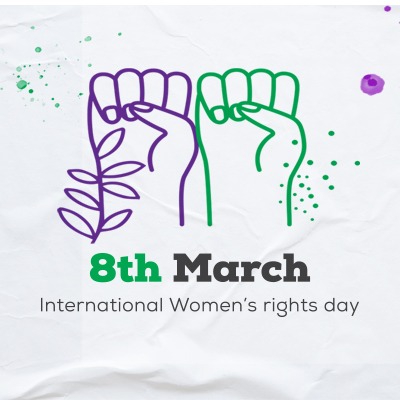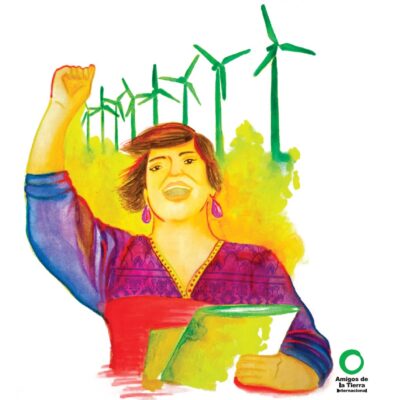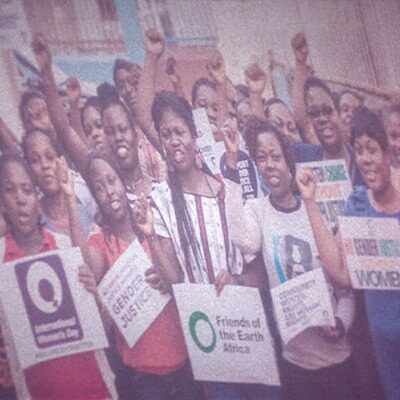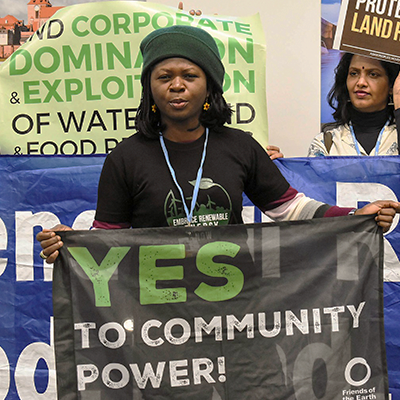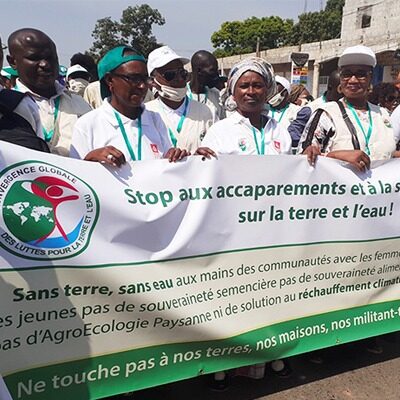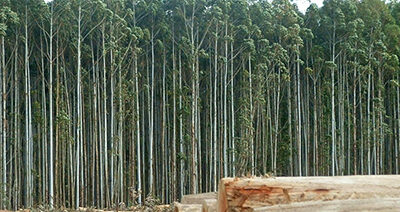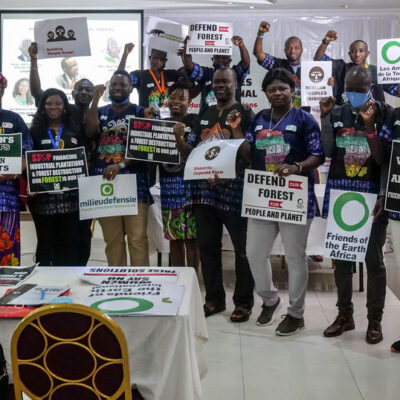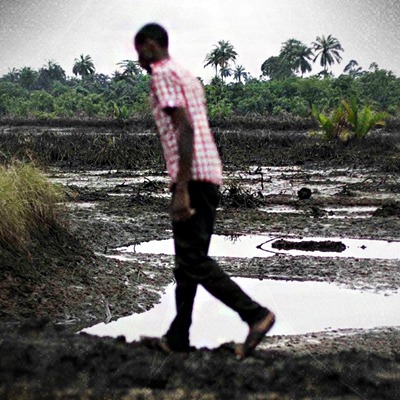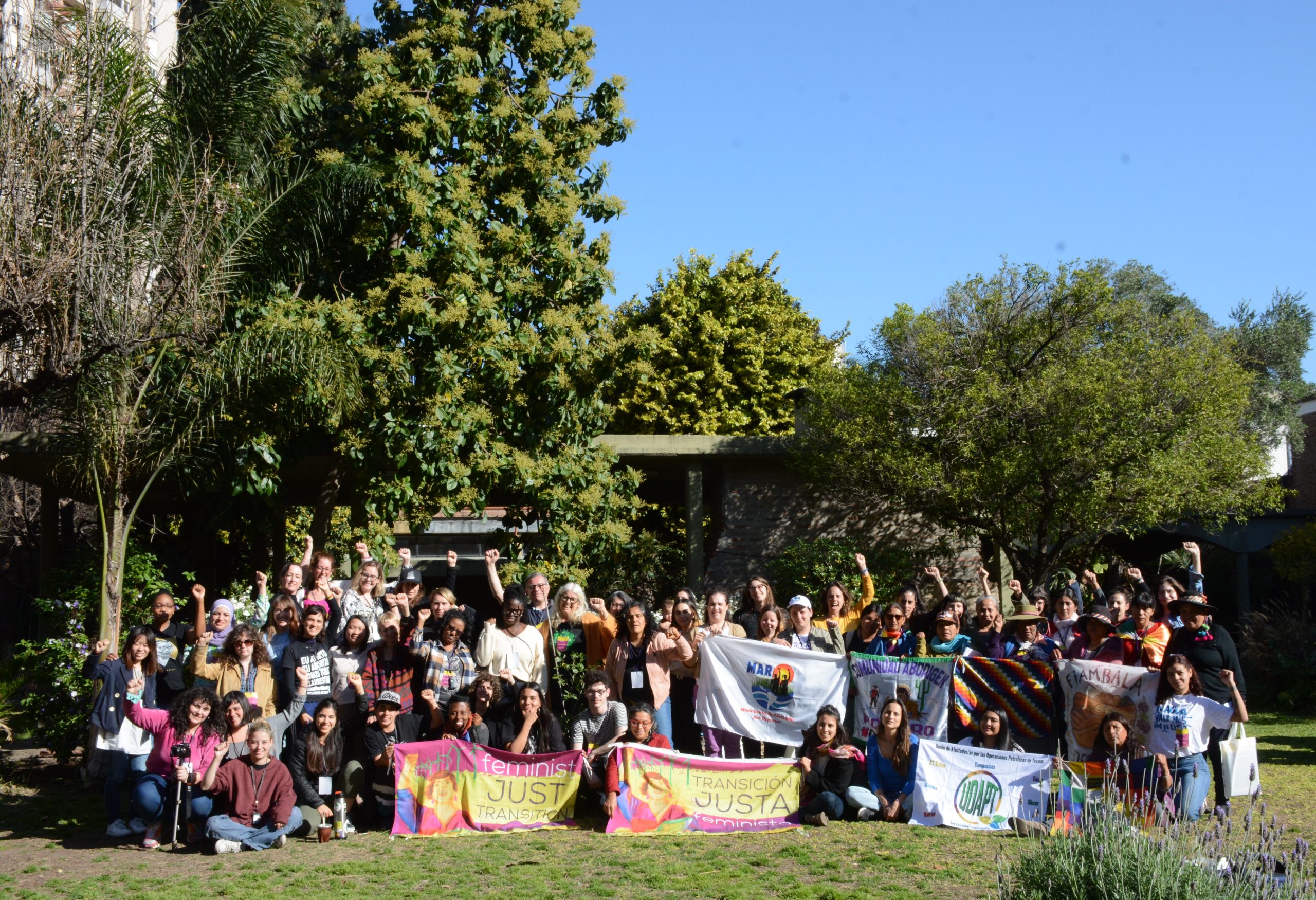
A Feminist Energy Model is Possible
Feminism is a social and political movement without borders that brings a critical and transformative look at all aspects of the organisation of our lives. Feminism strives for a radical transformation of the system. In each territory, it takes the shape, demands and wishes of the women and communities that are present there, and then through solidarity and internationalism, those…




